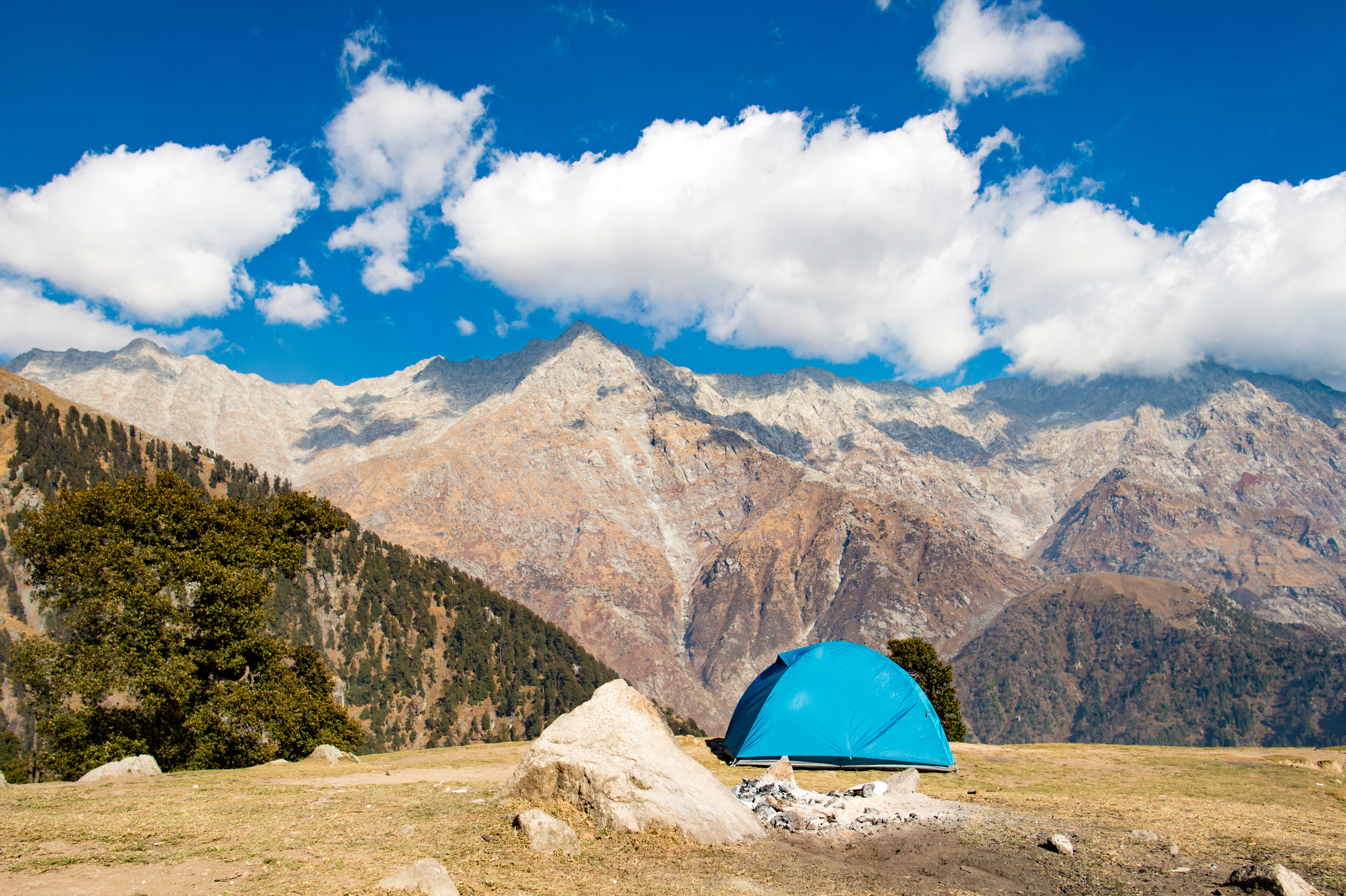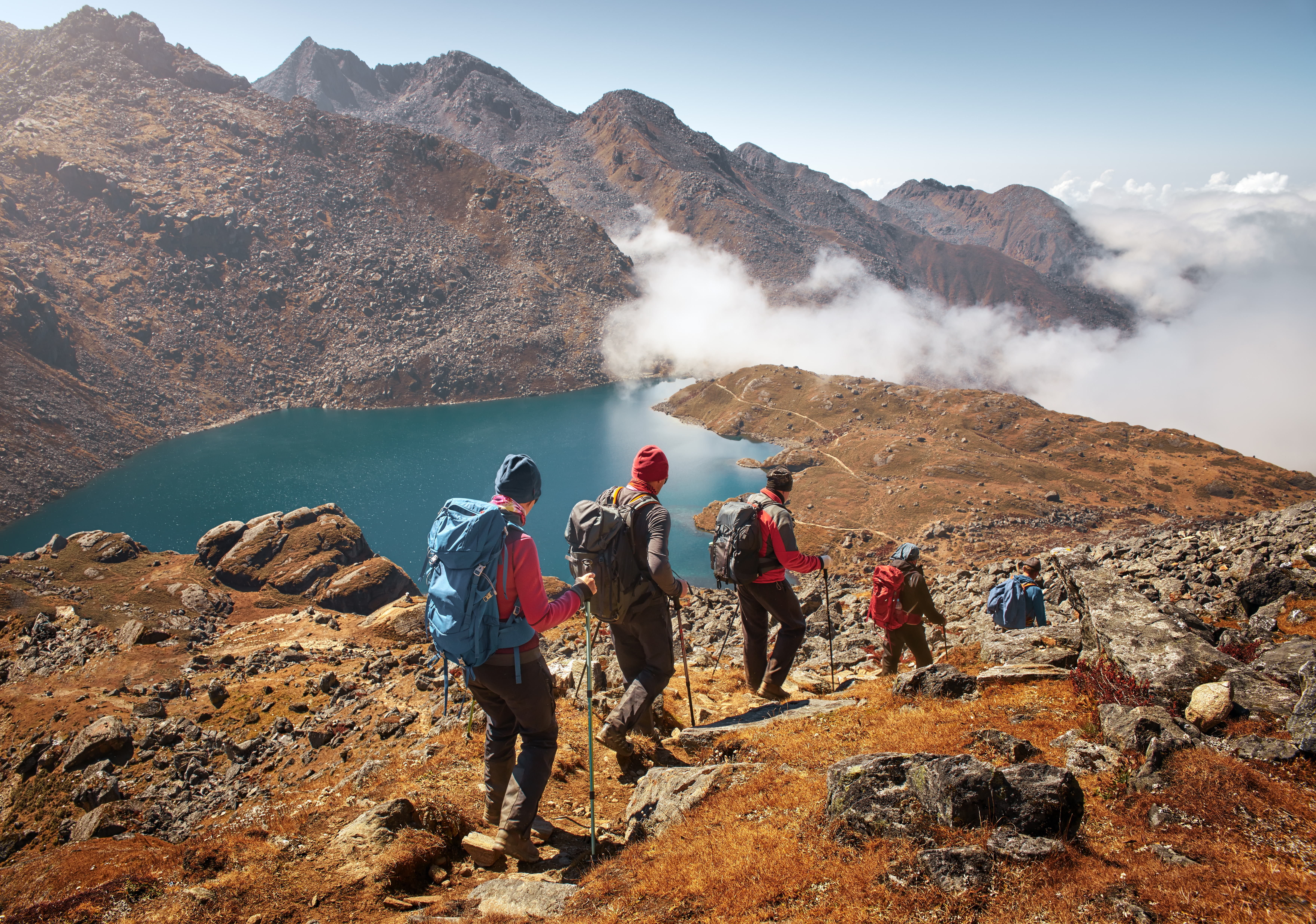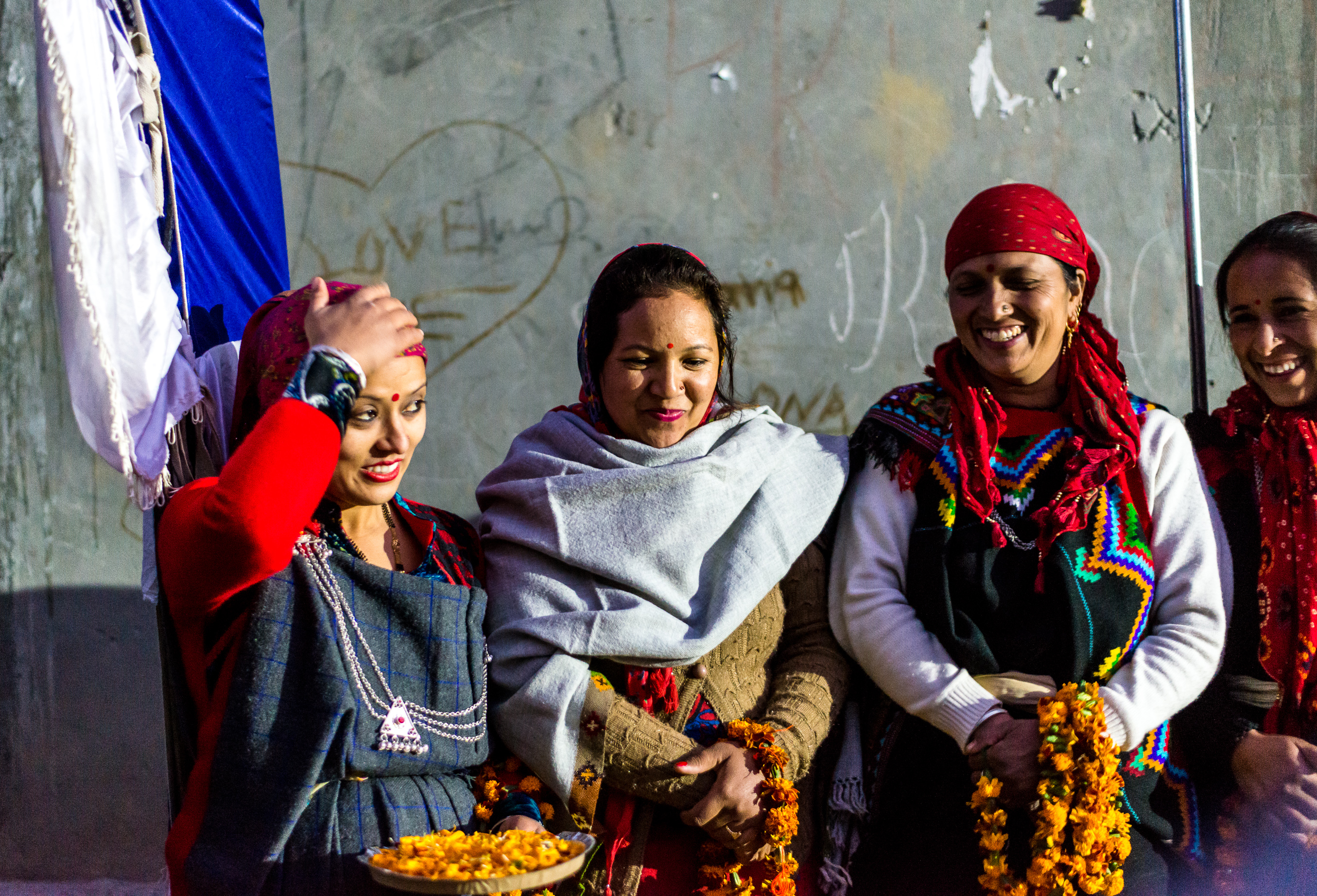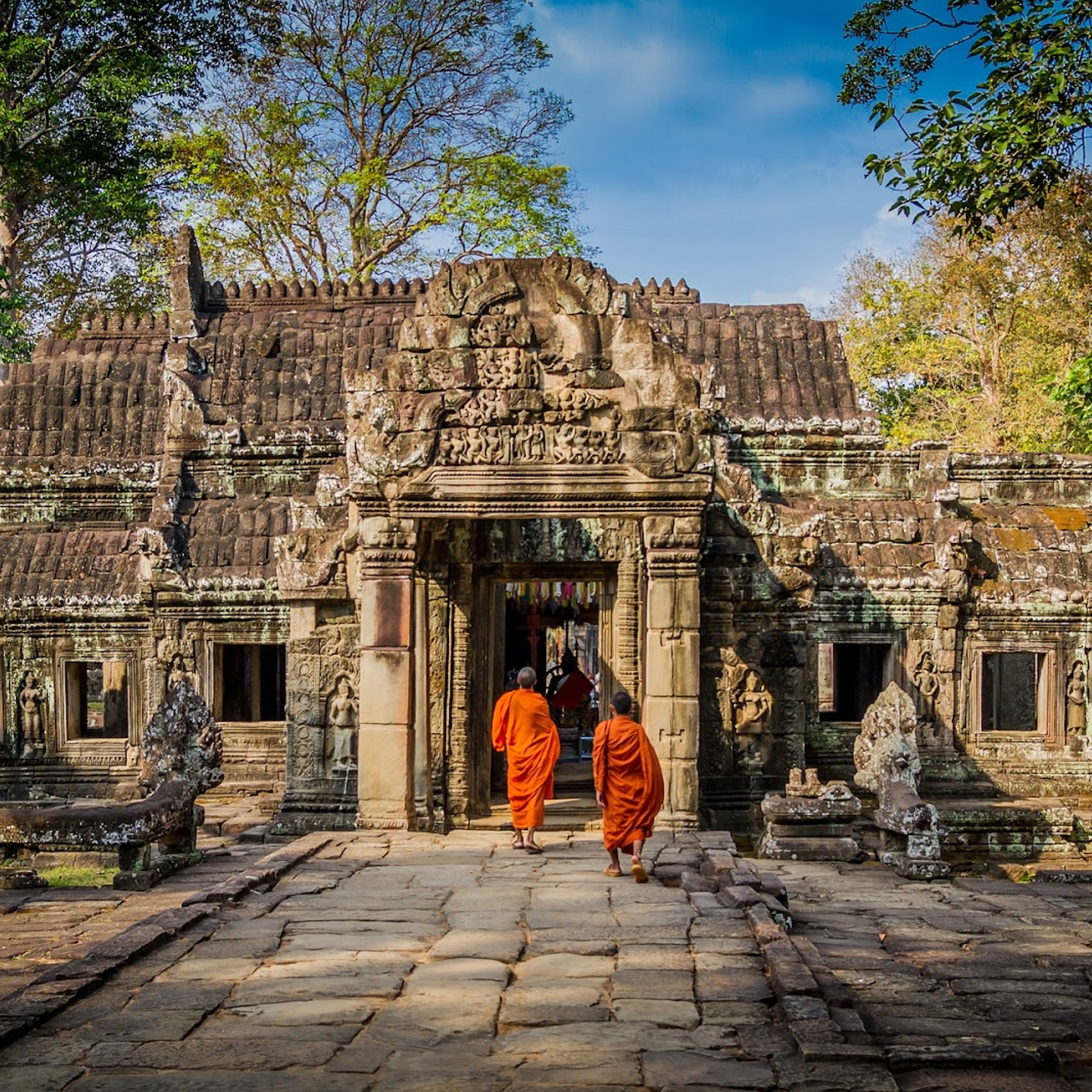Ecotourism – A concept that is difficult to implement, but with the right approach, it can work
Ecotourism is not only in vogue in Latin America, but in many parts of the world. The “return to nature” is linked to a various expectations and ranges from the individual search for one`s self in “Shangri-La like places”, to living together with Indigenous peoples, to the hope for a way out of the global crisis. However, the spread of ecotourism projects is also promoted by the assumption that tourism can be used specifically as an instrument of development promotion and poverty reduction (Walther, 2019). Thus, ecotourism is increasingly promoted by governments, the private sector, and international environmental NGOs as a strategy to solve economic and social problems in marginalized and peripheral regions of the global South, while at the same time being used as an adequate and effective tool for environmental protection (Garrod, 2013).

Not all ecotourism projects that say “eco” have “eco” in them
Ecotourism therefore likes to present itself as a “green alternative” to other, much more destructive forms of tourism, often without realizing nature conservation, social justice, and local income opportunities. Thus, as the number of projects increases, there is growing concern about whether the programs are meeting their sustainability target (Cloquet, 2014) or may even be counterproductive. This happens especially when the required active participation and voice of local people in the tourism planning and decision-making process, which is an indispensable element and decisive success criterion of sustainable development, is disregarded. This often results in projects that do not focus on the socio-cultural lifestyle or the visions and desires of local people, even though they are directly affected by the impacts of tourism as an integral part of the tourism product (Muganda, Mgonja & Backman, 2013; Gumede & Nzama, 2021). Although there are projects based on participatory approaches in some places, there is often nepotism among the stakeholders involved in the implementation process of the programs, or the funding parties try to act in their own (financial) interest (Backes & Gothe, 2003). As a result, the initiated projects, like all other ecotourism programs, are neither economically viable nor socially just for the local population. Thus, there are numerous ecotourism projects around the globe that adorn themselves with the image of ecotourism, but without putting it into practice (Harsh, 2020).
Himalaya Ecotourism shows that real ecotourism is possible
One company that truly prioritizes concern for the environment and local people, and thus gives reason for hope, is the social enterprise “Himalaya Ecotourism”. Founded by Belgian Stephan Marchel and based in the sacred Thirthan Valley in Himachal Pradesh, also known as the Valley of the Gods, the outdoor and trekking operator’s vision is to create a sustainable development model in the heart of the Himalayas, based on a true all-inclusive participatory approach. This will empower local people to make decisions that are relevant to their lives and the environment in which they live. In the near future, the travel agency will even be fully handed over to local community members once they have settled in successfully. Based on this guiding principle, Marchel and the other members of the operator ensure that the local community retains control over the project. For example, only people who were born and raised in the Thirthan Valley can work at the travel agency. In addition, the locals set wages themselves – they are based on the demands of the members and the market wage. To ensure that all community members benefit equally directly or indirectly from tourism, the business is divided fairly among the trekking guides through a rotation system, and a portion of the income generated by tourism is invested in community projects such as the reforestation program or the women’s empowerment initiative. With these measures, the social enterprise succeeds in creating true ecotourism that respects the values and interests of locals, strengthens the regional economy, preserves nature, and brings collective benefits to the community.

Even the best face challenges
Although quite a few “greenwashing travel agencies” can`t really keep up with the Trekking operator in Himachal Pradesh, the social enterprise also faces various challenges. One problem that the travel agency is struggling with is the issue of “Gender Inequality”. Although initial steps have already been taken in the direction of “women empowerment” – for example, a project has been launched in which women produce soaps and apricot oil – many female members feel excluded, especially from the trekking business. This is especially because the local society, as in many other parts of India, still holds on to values of patriarchal structures. The work as a trekking guide therefore usually remains a matter for men, while women traditionally pursue tasks such as cleaning, cooking, raising children and working in the fields. This is now to change.
More female trekking guides would bring many benefits to the travel agency and local community
For Marchal, it is important that from now on more women are involved in the project and that the community is motivated to rethink the status of women in society. Two years ago, he already welcomed the first female trekking guide in his project. Jegita is responsible for the female guests of the cooperative. For the young woman, the increased integration of female trekking guides into the travel agency is just as important as for Marchal. Because she says, this would not only benefit the female guests who want to embark on a trekking adventure through the snow-kissed natural paradise of Himachal Pradesh, but also the local women. While female tourists can feel much freer and safer – in Indian society, certain topics such as menstruation are still taboo and cannot simply be addressed in front of the male sex, and it is still unusual for Indian women to travel without a father or husband – the local women, on the other hand, have the advantage that the involvement of female trekking guides will challenge the status of women in society and possibly distribute the workload within families more fairly and efficiently.

The number of female trekking guides is to be increased through a financial incentive
To attract more female trekking guides to his travel agency, Marchal tries to offer families a financial incentive by compensating for the time women can`t spend in the household. Female employees therefore receive double the salary at HET compared to their male colleges. As a result, the young entrepreneur hopes that more female trekking guides will soon join the initiative and that the existing image of women in the Thirthan Valley will gradually change.

About the author
Sabrina Rau, a writer and bachelor’s graduate in sustainable tourism, loves connecting with people from ancient cultures, listening to their stories and learning more about their ways and wisdom, as she strongly believes that true sustainability is only possible through co-creation and cross-cultural engagement.
Sources:
Backes, M., & Goethe, T. (2003). Meilensteine und Fallstricke der Tourismuskritik. Peripherie. 89(23), 7-30.
Cloquet, I. (2014). Einbindung touristischer Entwicklungsprojekte in die Naturschutzgebiete in Gabun: Erkenntnisse aus einem gescheiterten Versuch. Tourism Review, 4-5.
Garrod, B. (2013). Local Participation in the Planning and Management of Ecotourism: A Revised Model Approach. Journal of Ecotourism. 2(1), 22-53.
Gumede, T.K., & Nzama, A.T. (2021). Approaches toward Community Participation Enhancement in Ecotourism. In: M. N., Suratman (Hrsg.), Protected Area Management-Recent Advances (S.1-22). o.O. IntechOpen.
Harsh, S. (2020). Himalaya Ecotourism, a Social Enterprise. TerraGreen Magazine, 23-26.
Muganda, M., Mgonja, J., & Backmann, K. F. (2013). Desires of Community Participation in Tourism Development Decision Making Process: A Case Study of Barabarani, Mto Wa Mbu, Tanzania. American Journal of Tourism Research. 2(1), 84-94.
Walther, S. (2019). Ökotourismus in Mexiko: Der neue Umgang mit Natur in Lachatao, einer indigenen Gemeinde in Oaxaco (2. Aufl.). Bielefeld: Transcript Verlag.
Picture credits: shutterstock




